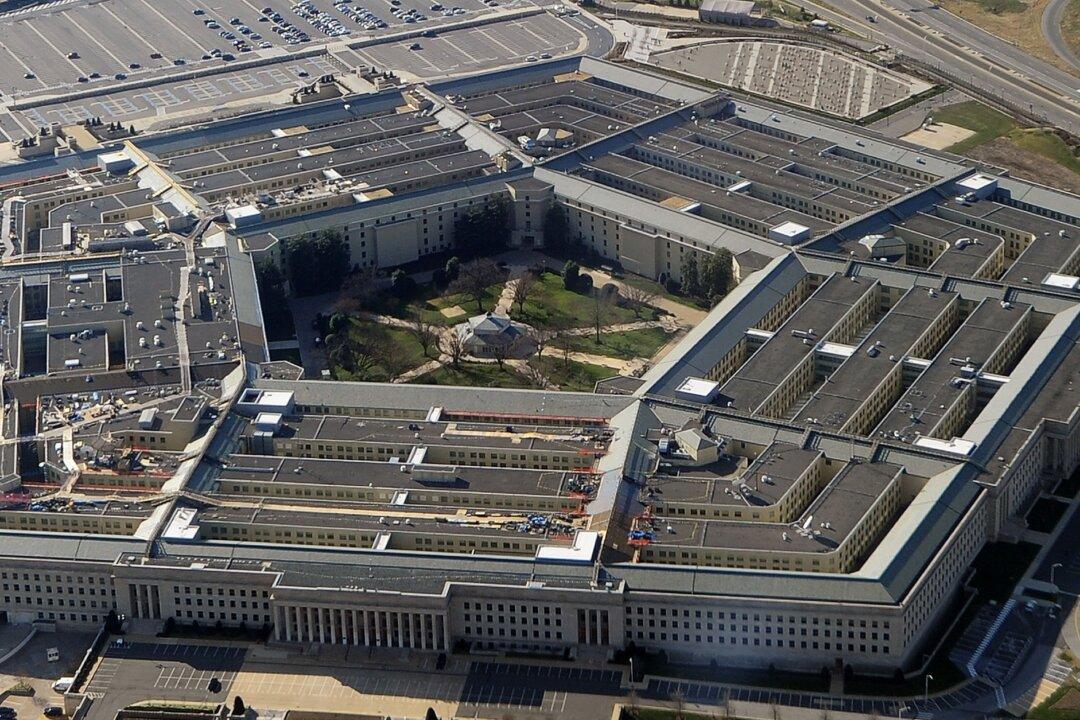The United States on Thursday launched airstrikes in eastern Syria, targeting sites connected to Shia militias groups backed by the Iranian regime believed to be involved in recent attacks against U.S. targets in Iraq.
The retaliatory strikes marked President Joe Biden’s first overt use of military force.





